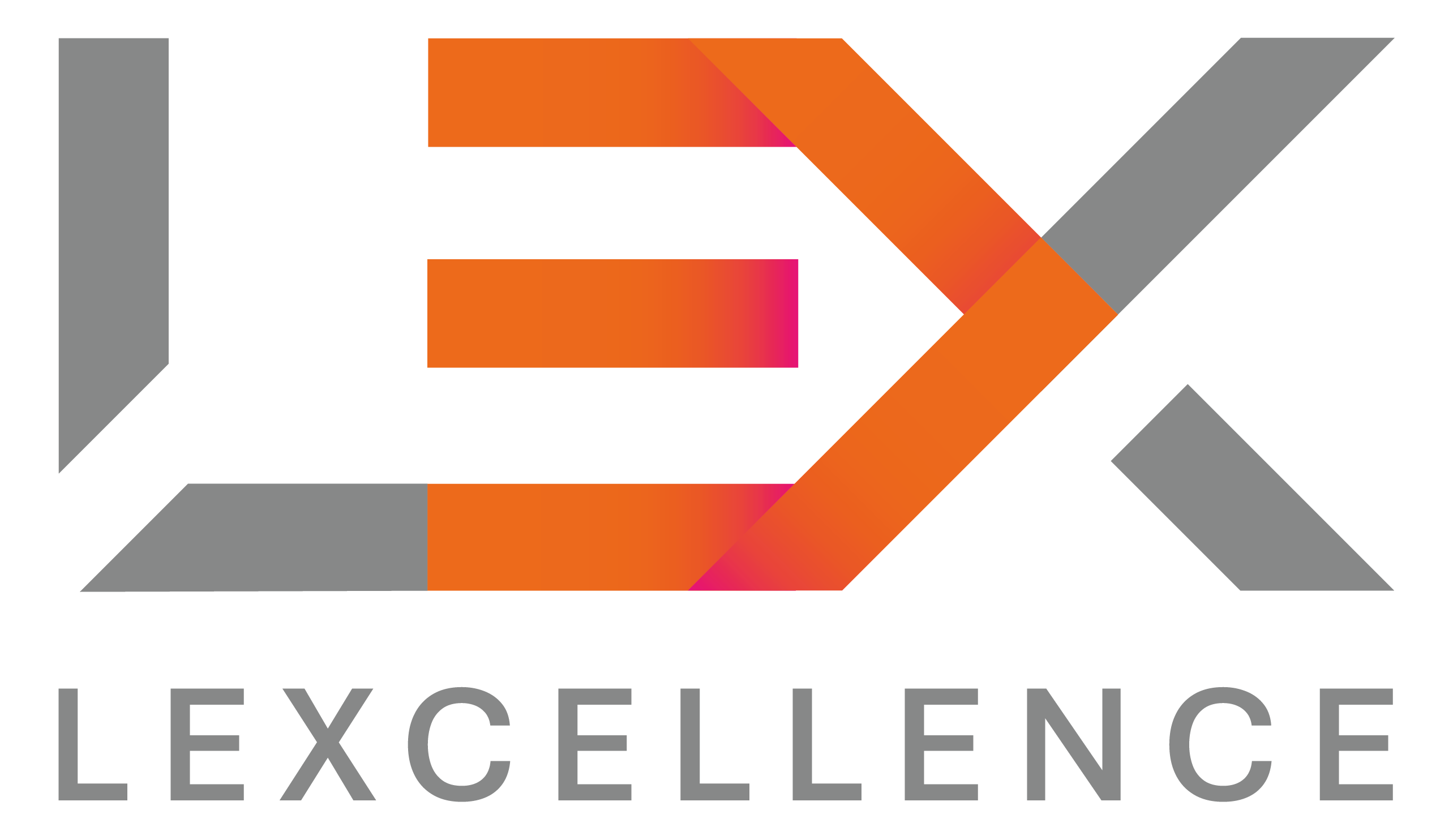Spotlight on Bitcoin SEC Approves 11 Spot Bitcoin ETFs, Ushering in a New ETF Era for Crypto Investors

In a landmark decision, on January 10, 2024, the Securities and Exchange Commission (SEC) approved 11 Spot Bitcoin exchange-traded funds (ETFs), marking a significant development in the crypto investment landscape. This move comes after a decade of rejections for similar proposals, setting the stage for increased accessibility to the world’s leading cryptocurrency.
The approved ETFs include familiar names such as the Grayscale Bitcoin Trust, Bitwise Bitcoin ETF, Hashdex Bitcoin ETF, iShares Bitcoin Trust, Valkyrie Bitcoin Fund, ARK 21Shares Bitcoin ETF, Invesco Galaxy Bitcoin ETF, VanEck Bitcoin Trust, WisdomTree Bitcoin Fund, Fidelity Wise Original Bitcoin Fund, and the Franklin Bitcoin ETF. These ETFs function similarly to mutual funds but can be traded on stock exchanges, offering individual investors a more straightforward way to engage with Bitcoin.
The reinvigoration of the Bitcoin ETF space brings about heightened competition, with Fidelity’s fund, for instance, boasting a modest 0.25% expense ratio, further waived for the initial six months. Investors, who have long awaited the SEC’s green light, can now participate more actively in the promising potential of Bitcoin.
The Evolution of Bitcoin ETF Approval
Unlike their predecessors, these newly approved ETFs track Bitcoin’s spot price, reflecting its current market value. Previous Bitcoin ETFs exclusively traded Bitcoin futures, complex derivative instruments tied to future price predictions. Despite the approval, the SEC maintains a cautious stance towards Bitcoin and other cryptocurrencies.
Commissioner Caroline Crenshaw, in her dissenting opinion on the SEC vote, expressed concerns about potential market flooding and its impact on the retirement accounts of vulnerable households. On the contrary, industry leaders, such as Samir Kerbage, CIO at Hashdex, view this approval as a monumental day for the digital asset industry, unlocking new growth and innovation opportunities.
The BlackRock Catalyst
The recent approval follows BlackRock’s filing on June 15, which sought approval for a spot Bitcoin ETF. BlackRock’s proposal appeared to embolden other financial firms, leading to a flurry of resubmitted applications for similar ETFs. However, the SEC reportedly found issues with BlackRock’s proposed “surveillance-sharing agreement,” aimed at preventing fraud and manipulation.
Despite the SEC’s skepticism, BlackRock’s filing spurred a wave of optimism in the industry, with expectations that its approval could bring about a significant resurgence in the cryptocurrency market. The world’s largest asset management firm’s filing aimed to address specific concerns raised by the SEC in previous rejections.
Spot Bitcoin ETFs and Market Dynamics
The SEC had previously approved Bitcoin ETFs tied to futures or stocks of companies with indirect exposure to crypto, but spot Bitcoin ETFs, which directly track the current price of BTC, were a new frontier. Spot prices represent the current value of an asset and serve as benchmarks for pricing derivative contracts.
BlackRock and other firms proposed funds that explicitly addressed SEC concerns, including mechanisms to prevent customer asset diversion and enhance overall market integrity. The proposals sought to close regulatory loopholes and provide assurances against fraud and manipulation.
Mitigating Concerns and Building an Ecosystem
Amidst the SEC’s concerns about market manipulation, several industry players proposed solutions. BlackRock, EDX Markets, Citadel Group, Charles Schwab, Fidelity Digital Assets, Deutsche Bank, Invesco, and WisdomTree introduced measures like surveillance-sharing agreements, institutional execution-only trading venues, and clearing firms to bolster market integrity.
These solutions aim to address the potential for fraud and manipulation highlighted in the SEC’s opposition to previous Bitcoin ETF proposals. For instance, EDX’s proposed exchange for institutional customers separates broker-dealer activities, ensuring neutrality and safeguarding customer assets.
BlackRock’s Unique Approach
While serious Bitcoin traders celebrate the SEC’s approval, they are urged to scrutinize the fine print in fund sponsor filings. Notably, BlackRock’s spot Bitcoin trust differs from traditional ETFs, resembling more of an investment trust akin to Grayscale Bitcoin Trust (GBTC).
GBTC, operating as a trust, often trades at a discount to Bitcoin’s market value and lacks a redemption mechanism, contributing to potential price distortions. BlackRock’s unique approach, presenting its investment vehicle as a trust, raises questions about potential challenges such as price discounts and premiums. However, experts believe that BlackRock has likely consulted with market makers to prevent these issues, offering a more stable investment avenue.
SEC Official Statement
In a statement issued on January 10, 2024, SEC Chair Gary Gensler clarified that the approval is based on changed circumstances, referencing a court decision that vacated a previous order disapproving the listing and trading of Grayscale’s proposed Exchange-Traded Product (ETP). The SEC emphasizes its merit-neutral approach and highlights that today’s action is limited to ETPs holding one non-security commodity, Bitcoin. Investors are cautioned about the risks associated with Bitcoin, emphasizing the SEC’s commitment to ensuring full disclosure, monitoring regulated exchanges, and investigating any potential fraud or manipulation in the securities markets. The statement reaffirms the SEC’s focus on investor protection and maintaining a level playing field for issuers. An Exchange-Traded Product (ETP) is a type of security that tracks an underlying asset, index, or financial instrument and can be traded on a stock exchange, providing investors with exposure to various markets and assets.
Key Highlights:
- SEC approval for 11 new Bitcoin ETFs, facilitating easier access for individual investors.
- ETFs track Bitcoin’s spot price, a departure from previous ETFs that exclusively traded Bitcoin futures.
- BlackRock’s filing in June acted as a catalyst, inspiring renewed optimism and a wave of resubmitted applications.
- Industry players propose measures like surveillance-sharing agreements and institutional trading venues to address SEC concerns about market manipulation.
- Scrutiny of fine print encouraged, with BlackRock’s unique trust structure prompting questions about potential challenges and market dynamics.
The SEC’s approval of these Bitcoin ETFs marks a pivotal moment in the cryptocurrency investment landscape, opening doors for broader participation and paving the way for increased innovation and growth in the digital asset industry.
